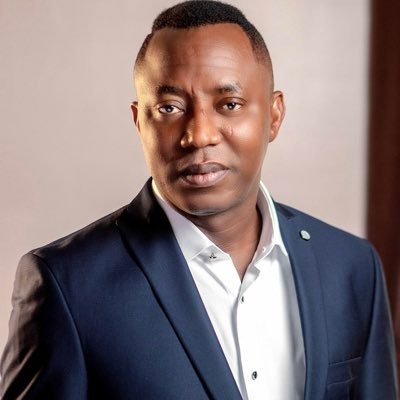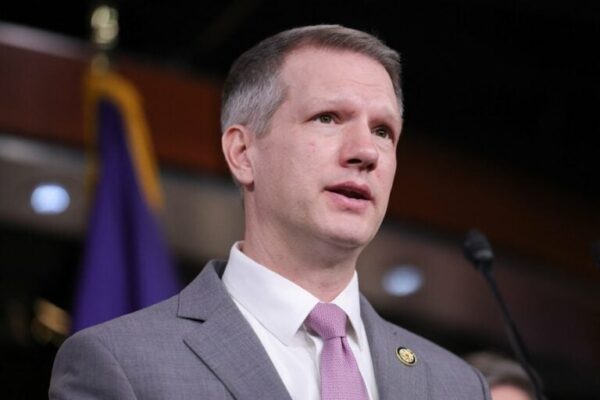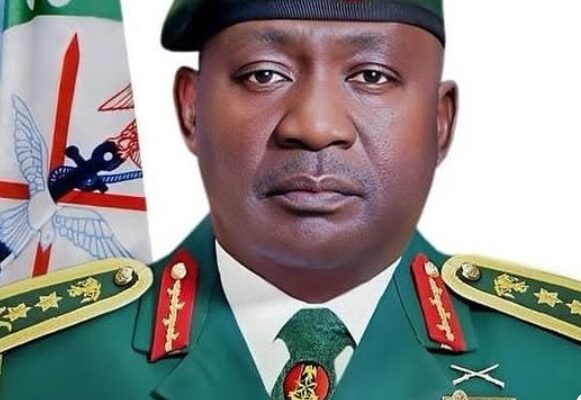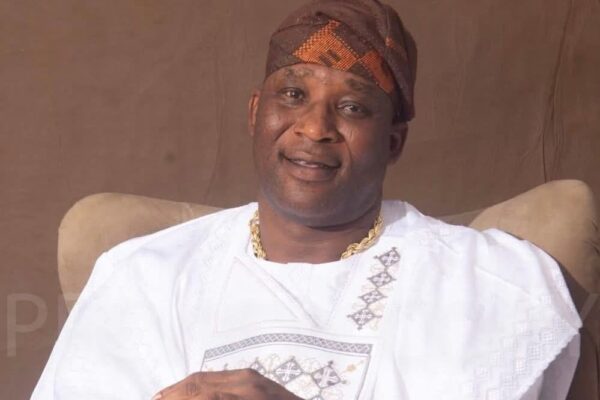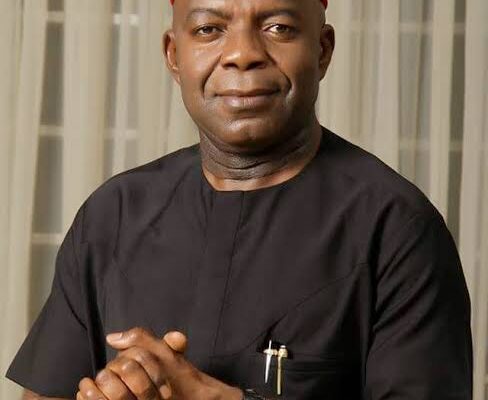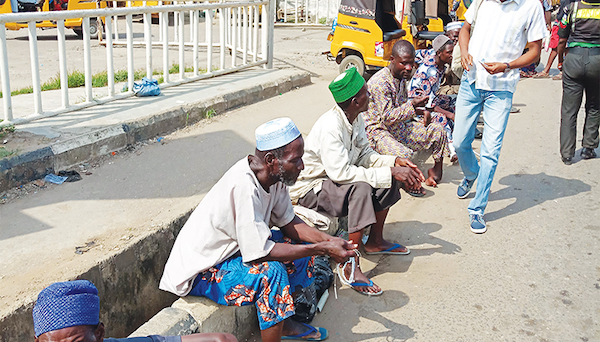
Lagos Government Arrests 20 Street Beggars In Ikosi Ketu And Mile 12
The Lagos State Government on Tuesday arrested 20 street beggars during enforcement operations in the Ikosi Ketu and Mile 12 areas. State Commissioner for Environment and Water Resources, Tokunbo Wahab, said the operation is part of the government’s commitment to restoring order and ensuring public spaces are safe and properly used. According to Wahab, KAI operatives carried out the sweep across Ketu, Mile 12, Ikosi Road, and the 7UP corridor. “The operation, which led to the arrest of twenty individuals involved in street begging and related activities, is part of our ongoing mop-up exercise aimed at curbing environmental violations, protecting the public, and preventing activities that disrupt traffic, safety, and sanitation,” he said on X. He added that those apprehended have been handed over to relevant authorities for profiling and further action, while the ministry continues to collaborate with social welfare agencies to provide rehabilitation where needed. “We will maintain strict enforcement of environmental laws across the state, and we urge residents to report locations where such activities persist. Our goal is to keep Lagos clean, orderly, and safe for everyone,” Wahab said. The operation follows previous crackdowns on street begging, including a November exercise in Ikosi Ketu and Mile 12, where 15 street beggars were arrested.


